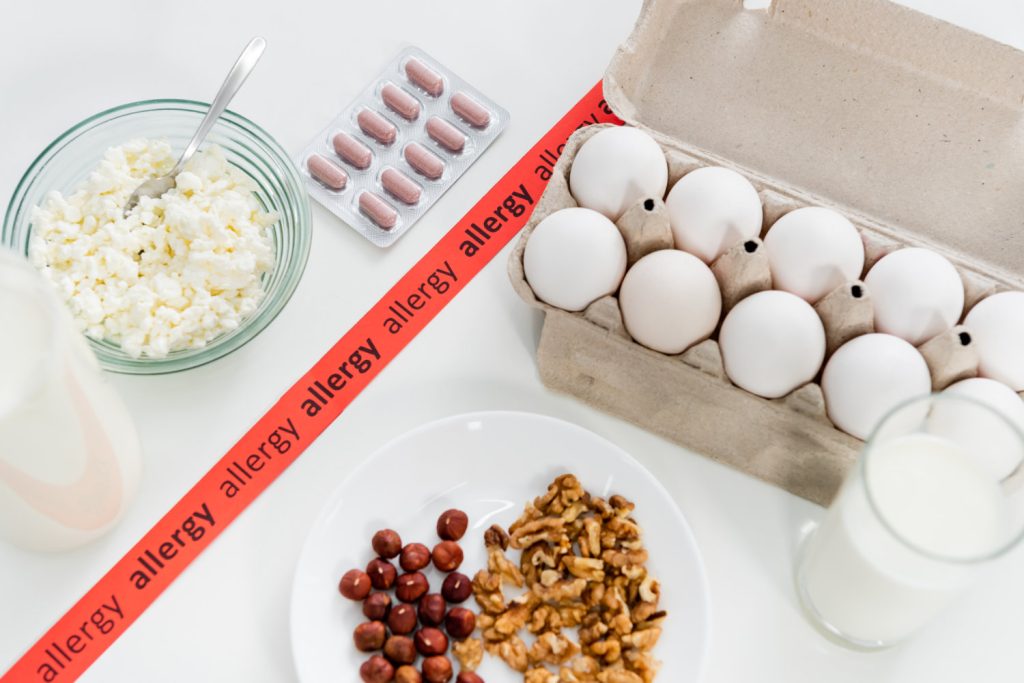The Importance of Handwashing
We’re all taught from a young age that keeping our hands clean is something we must do, but do you know just how important cleans hands are for preventing diseases?
Many diseases are spread simply by not washing hands with soap and water. The risk of respiratory viruses alone is reduced by 16-21% with proper handwashing. The best way to prevent the spread of germs is to wash your hands correctly.
What is the Correct Way to Wash Hands?
While you may think you’re washing your hands correctly, a study conducted by Michigan State University in 2013 found only 31% of men and 65% of women washed their hands using soap. 5% of people washed their hands the “correct” way, as deemed by the Center for Disease Control.
According to the CDC, you should always:
- Wet your hands with clean, running water (warm or cold), turn off the tap, and apply soap.
- Lather your hands by rubbing them together with the soap. Lather the backs of your hands, between your fingers, and under your nails.
- Scrub your hands for at least 20 seconds. Need a timer? Hum the “Happy Birthday” song form beginning to end twice.
- Note: The ideal time to spend scrubbing is 30 seconds. If that’s too much, it’s recommended you scrub no less than 15 seconds.
- Rinse your hands well under clean, running water.
- Dry your hands using a clean towel or air dry them.

If soap and water are unavailable, a hand sanitizer with 60% of higher alcohol content can help reduce illness and the spread of germs.
How Does Handwashing Prevent the Spread of Germs?
Simply put, handwashing with soap removes the germs on your hands. Communities that have handwashing education stay healthier than communities without handwashing education. According to the CDC, handwashing education:
- Reduces diarrheal illness in people with weakened immune systems by 58%
- Reduces school absences due to gastrointestinal illness by 29%-57%
How Do Germs Spread?
Germs spread in a multitude of ways. Some of the most common are when we:
- Touch our eyes, nose, or mouth with unwashed hands
- Prepare or consume food/drinks with unwashed hands
- Touch contaminated surfaces or objects
- Blow our nose, cough, or sneeze into our hands, then touch others or their belongings
Still Not Convinced?

The next time you find yourself thinking “I don’t need to wash my hands this time,” consider the following:
- 80% of communicable diseases can be transferred by touch
- Pneumonia is the number one cause of childhood death, and is preventable by regular hand washing
- Washing your hands a few times a day can reduce diarrhea rates by 40%
- Damp hands are 1,000 times more likely to spread bacteria than dry hands, yet only 20% of people dry their hands after they wash them
- Reusable cloth towels have millions of bacteria in their fibers. Using a clean towel or air dryer is the best way to dry your hands.
- Studies have shown that people who wash their hands have 24% less sick days because of respiratory illness, and 51% fewer sick days due to a sick stomach.




